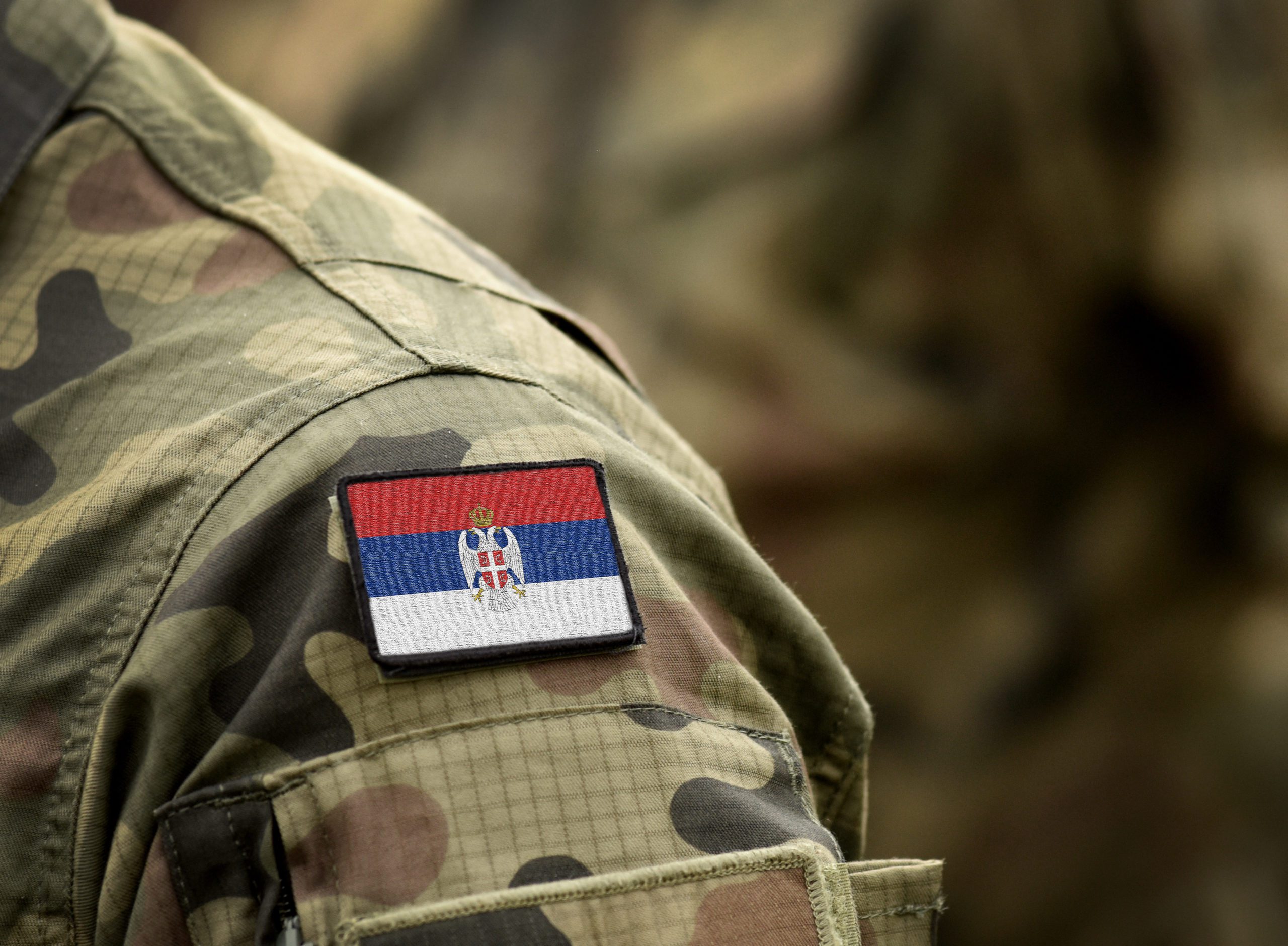
The Serbian military shot down an unidentified, unmanned drone on November 2nd, flying in airspace near its southern border with Kosovo, according to statements from the Defense Ministry.
Acting in line with orders from President Aleksandar Vucic, who serves as the country’s Supreme Commander-in-Chief, “units of the Serbian Army neutralized this afternoon a commercial drone moving from Kopaonik to Raska after it was detected and tracked,” the ministry said.
Defence Minister Miloš Vučević stated that the drone was neutralized “with the use of means of electronic warfare in close vicinity to the military facilities of the Raska garrison.”
The incident, which comes amid heightened tensions between Serbia and Kosovo, took place one day after Serbian President Aleksandar Vučić ordered MiG-29 fighter jets to take off and neutralize unmanned aerial vehicles (UAVs) that were spotted filming military bases near the Kosovo border.
Commenting further on the situation, Defense Minister Vučević said: “We are not saber-rattling, threatening, or attacking. We want to sit down at the negotiating table, talk, and compromise.”
“But Serbia is not a punching bag. Its army is able to defend the country,” he added.
Tensions between Serbia and Kosovo soared in August when the Kosovar government imposed a license-plate mandate on Serb-registered vehicles, forcing them to temporarily wear tags issued by the government in Pristina, as The European Conservative previously reported.
The move ultimately led to a border blockade by the Serbs living on the Kosovar side of the border, which subsequently provoked a reinforced commitment from NATO to keep troops in the region.
Some days later, a Kosovar police patrol came under fire by a group of armed men, allegedly with ties to Serbia, while deploying a boat on the Gazivoda lake, which sits along the Serbia-Kosovo border.
Although the province of Kosovo declared its independence in 2008, it has never been formally recognized by Belgrade, which regards it as a province within Serbian territory. Five European states—Cyprus, Greece, Romania, Slovakia, and Spain—still do not recognize the small Balkan state.
